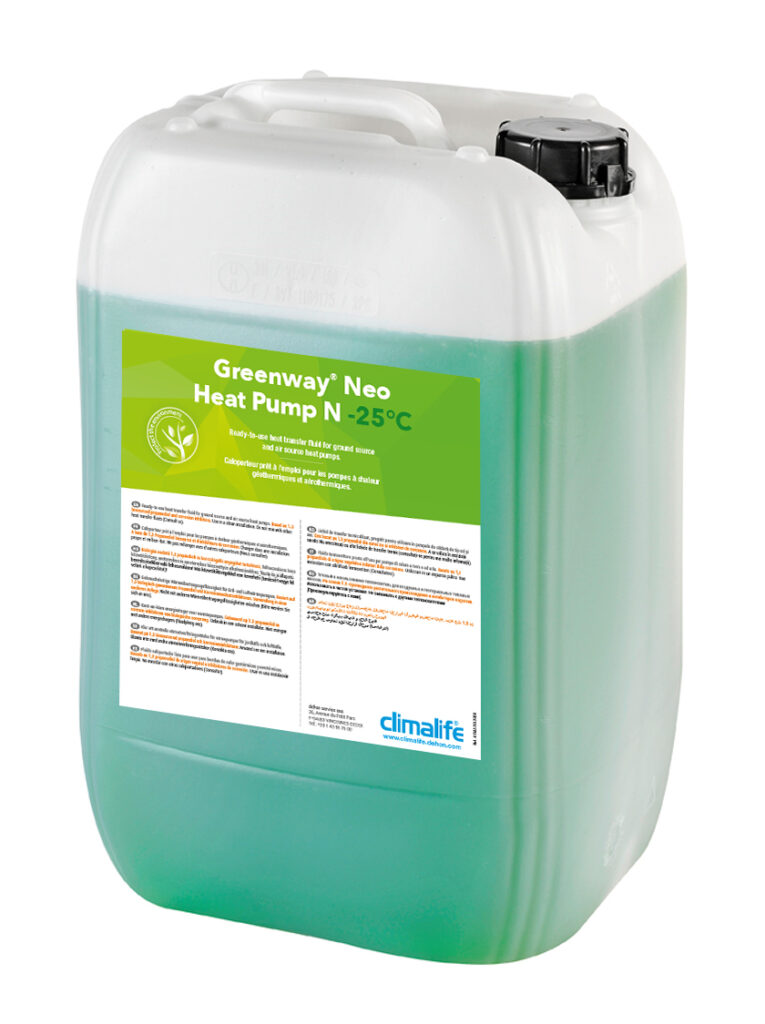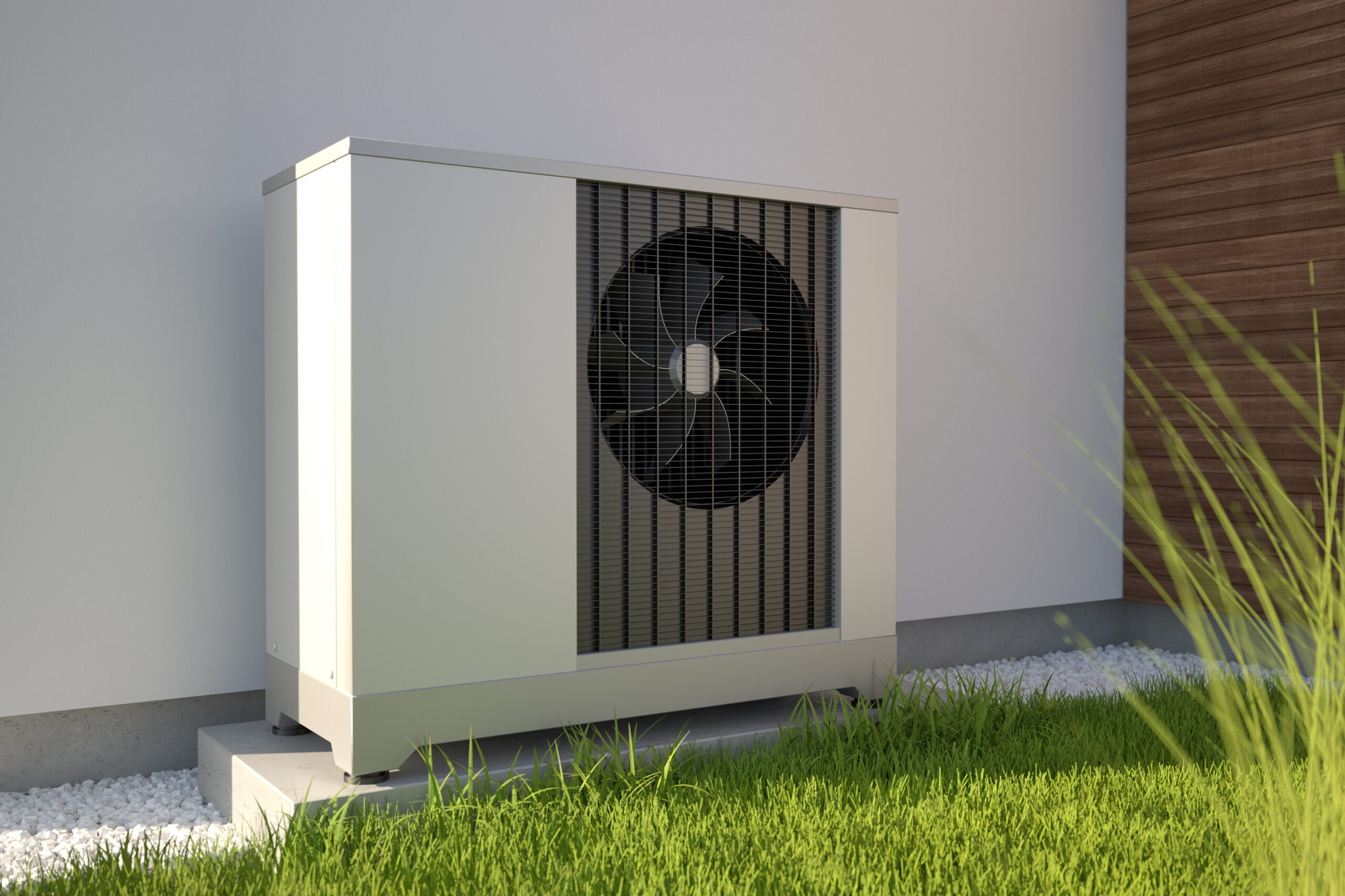The gradual replacement of fossil fuel burners with more environmentally friendly renewable energy solutions, such as heat pumps, contributes to the goal of reducing carbon emissions. It is often said that heat pumps work like a refrigerator in reverse. They transfer heat from the outside air, ground or water into a building, and heat it up for use in a heating system. The two most commonly installed types of heat pumps are air source and ground source. Air source heat pumps are the most popular on the market, being cheaper and easier to install. Ground source heat pumps are considered more efficient, have a longer life span and provide a constant flow of heat throughout the seasons. They require pipes to be laid in the ground and are therefore more expensive to install. They are particularly suitable for new buildings. In Europe, there are still millions of boilers in use that will need to be replaced in the coming years. Governments are increasingly encouraging the deployment of low carbon heating technologies.
The evolution of refrigerants in heat pumps
An essential component of any heat pump is the refrigerant, needed for the vapour compression cycle, which for many years has been mainly R-410A and R-134a. With the focus on sustainability, with a GWP** of 2088, R-410A is no longer at all suitable for new equipment. Equipment manufacturers now use low GWP refrigerants such as R-32 (GWP 675) and R-454B (GWP 466). Some low-charge, monobloc hermetic systems use R-290 or R-134a. Most ground source heat pumps, which historically used R-407C, are now switching to R-454C or R-455A, both of which have a very low GWP of 148. Some low GWP refrigerants have a degree of flammability. As long as the installer is trained in safety and installation, their use should be considered. Long term, R-1234yf (GWP 4) or R-1234ze (GWP 7) will be used instead of R-134a. R-513A (GWP 631) can be easily replaced in the short term.
In some specialist applications R-744, R-1233zd, propane and ammonia are used as refrigerants.
Combining a bio-based heat transfer fluid with very low GWP refrigerants is a winning combination
Air/water or ground source heat pumps use a heat transfer fluid, and heat it in the heat exchanger, using the compressed refrigerant, raising its temperature to suit the system. A closed-loop ground-source heat pump system circulates the heat transfer fluid through a set of underground pipes, while an open-loop system uses ground water for the heat exchange process and extracts it after use. Open loops are generally simpler and cheaper to install, but may require more maintenance.

Traditionally, heat transfer fluids have been based on mono propylene glycol (MPG), a product of the petrochemical industry. With the focus on carbon reduction targets, it is time to consider alternatives to conventional heat transfer products. One such product is Greenway® Neo Heat Pump N, a plant-based fluid formulated from bio-based 1,3 propanediol. Plants are harvested, fermented and refined to produce this biotechnology. The use of a biodegradable product such as Greenway® Neo Heat Pump N reduces the risk of soil pollution in the event of a leak, which is particularly important in a heat pump system, and provides excellent corrosion protection. In addition, the production process of bio-based 1,3-propanediol consumes less energy and emits less CO2 than MPG or synthetic chemicals, which contributes to a smaller environmental footprint. In short, replacing oil-fired boilers with less energy-intensive heat pumps, loaded with low environmental impact process fluids, is the first step towards a responsible approach. All heat pumps need electricity to operate, but they can provide very energy-efficient heat, with a high coefficient of performance (COP) of up to 5, whereas the best condensing boilers have a COP of only 0.9. Equipment manufacturers continue their research and development to meet decarbonisation targets.
*According to the EHPA **All GWPs are according to IPCC4

